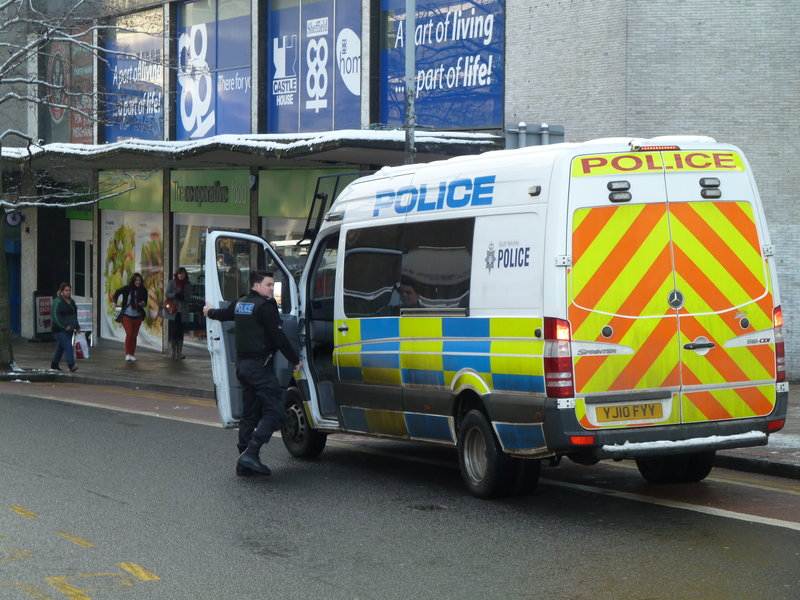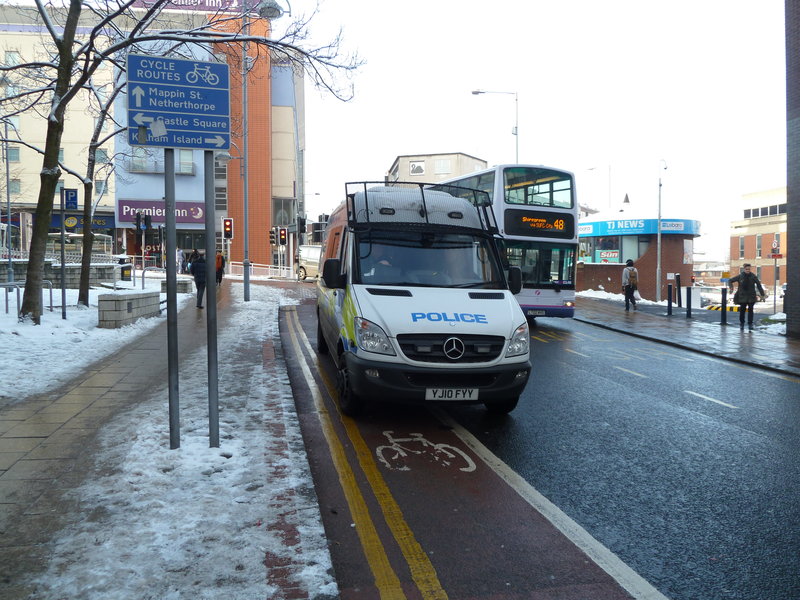The following is taken from a parliamentary question on 17th Jan 2013. My take on this is that there is huge investment in reducing bottlenecks on the road network, however none of this money is targeted towards behavior change to reduce the level of traffic.
The LSTF is often hailed as the solution and the biggest investment for years in cycling, this may be true but is only part of the truth, many LSTF schemes only have a small cycling strand with many very loosely related local pet projects included (especially in South Yorkshire… watch this space!)
Thanks Ian Austin for raising cycling in this debate! Skip to 09:50:40 in the video below to see the discussion.
Source Hansard and TheyWorkForYou
6. Nicola Blackwood (Oxford West and Abingdon) (Con): What progress he has made on reducing bottlenecks in the road network. [137497]
The Parliamentary Under-Secretary of State for Transport (Stephen Hammond): In the 2010 spending review, the Government committed £168 million for small schemes on the strategic road network. In the 2011 autumn statement, we introduced a new pinch point fund of £217 million to address the hot spots on the network. We have committed £188 million of that to deliver 65 schemes so far. In the 2012 autumn statement, that was increased to £317 million for the strategic road network, and a new £170 million pinch point fund was established for local authorities.
Nicola Blackwood: I thank the Minister for his answer, but the A34 in my constituency is still plagued by congestion and accidents. That causes daily misery for commuters on a personal level, and it also has a debilitating effect on the local economy. If the work force are stuck in gridlocked traffic, they are simply not being productive. Will the Minister come to Oxford West and Abingdon to meet local community and business leaders to hear their concerns at first hand?
Stephen Hammond: Like my hon. Friend, I recognise that the A34 is an important, busy and strategic route. We are developing route-based strategies as a key mechanism to inform what is needed on such routes. As she says, the ability to work with the local economic partnership and to look at the benefits to the local economy are key assessment criteria. I look forward to visiting her constituency.
Ian Austin (Dudley North) (Lab): The House, and the whole country, will agree that one of the ways of reducing bottlenecks on the roads is to get more people on to bikes. When Ministers in the Department for Transport and the Department for Communities and Local Government consider new road schemes and other major urban developments, why cannot they agree to British Cycling’s request that the impact on cyclists should be considered at the outset of all such schemes, rather than being treated as an add-on later? If that were to happen, we could avoid problems such as those at Bow roundabout and Vauxhall Cross, which have had to be put right later at enormous cost.
Stephen Hammond: I am aware that the hon. Gentleman is a keen cyclist and vice-chairman of the all-party parliamentary group on cycling—
Ian Austin: Co-chair.
Stephen Hammond: I am sorry—co-chairman of the group. I look forward to seeing its report, which I am sure will cover a number of those issues. He will be aware that we have committed a local sustainable transport fund of £650 million, and a number of the schemes being developed under that have exactly the cycling element that he is asking for.





